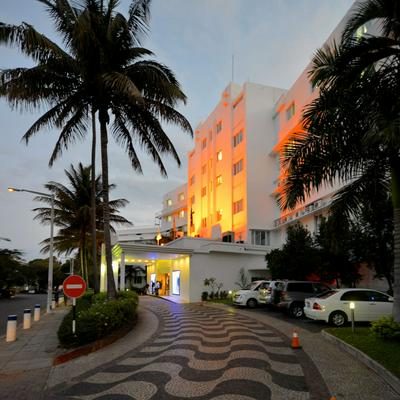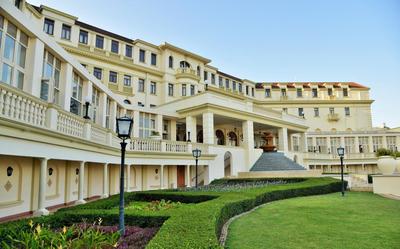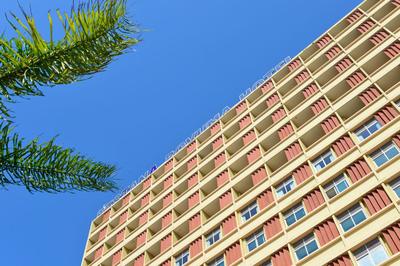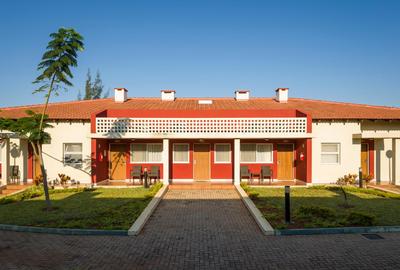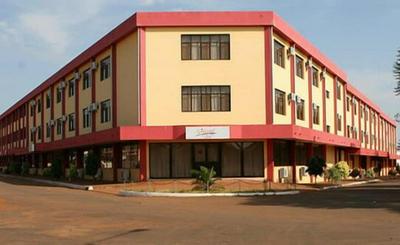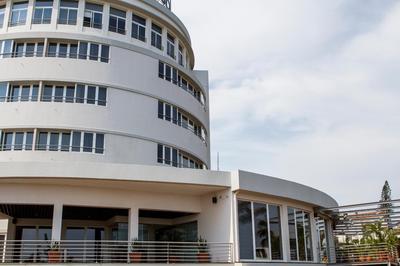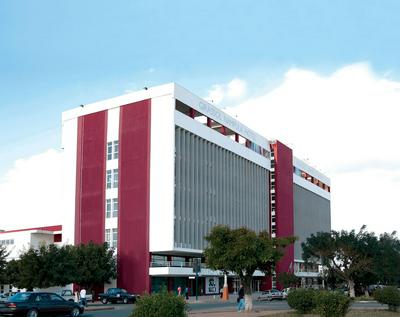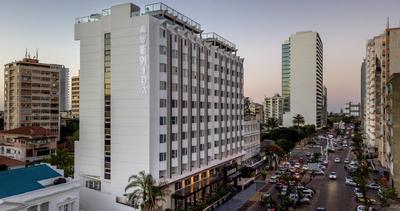When to visit Mozambique during the year?
Mozambique enjoys a tropical climate, characterized by distinct wet and dry seasons. The dry season from April to November is the best time to visit, as it offers pleasant weather and ideal conditions for beach and outdoor activities. Popular summer destinations include the stunning beaches of Bazaruto Archipelago and the vibrant city of Maputo, which comes alive with festivals and nightlife. In winter (June to August), visiting Gorongosa National Park is rewarding, with many animals congregating near water sources. Spring and autumn are great for exploring cultural and historical sites, including the UNESCO World Heritage site of Ilha de Moçambique.
How to get to Mozambique?
Traveling to Mozambique can be an adventure in itself, with various transport options available to suit different budgets and preferences. The main gateway to the country is through Maputo International Airport, with several international flights arriving daily. Overland transportation also plays an important role, connecting neighboring countries by bus and car routes.
- Main airports include Maputo International Airport (MPM), Vilankulo Airport (Vilankulo), and Nampula Airport (APL). Major international routes come from Johannesburg (South Africa), Nairobi (Kenya), Lisbon (Portugal), and Doha (Qatar).
- Low-cost airlines like LAM (Linhas Aéreas de Moçambique) and Airlink offer local connections.
- Flight times from Johannesburg are approximately 1.5 hours, and from Nairobi around 2.5 hours.
- Main bus stations are located in Maputo, Beira, and Nampula.
- Long-distance buses connect major cities like Maputo to Johannesburg, Harare, and Dar es Salaam.
- There is limited international traffic, mainly through the Beira corridor connecting Zimbabwe.
- Duration varies from 12 hours to several days depending on routes.
- Main highways include the EN1 from north to south, connecting major cities.
- Distances from Durban, South Africa to Maputo is about 570 km, taking approximately 6-7 hours.
- Roads can vary significantly; some are in good condition, while others may have potholes.
Tourist activities in Mozambique
Mozambique offers a diverse range of tourist activities, catering to various interests. Its beautiful coastline invites water sports enthusiasts, while history buffs can explore its rich cultural heritage. Here are some highlights:
- Beach Activities: The pristine beaches of Tofo and Pemba are perfect for swimming, snorkeling, and diving. Plan a whale shark dive during the right season to spot these magnificent creatures.
- Wildlife and Nature: Visit Gorongosa National Park for safari adventures, where you can view elephants, lions, and a plethora of birds in their natural habitat.
- Cultural Experiences: Explore the vibrant markets and colonial architecture of Maputo or the historical significance of Ilha de Moçambique, once a major trading post.
- Adventure Sports: Engage in hiking, kayaking, or sailing in the stunning landscapes of the Zambezi River and its islands.
- Food and Nightlife: Enjoy local cuisine and vibrant nightlife in Maputo, where you can find beachside bars and live music venues.
Accommodation in Mozambique
Mozambique offers a variety of accommodation options catering to different budgets and preferences. From luxury resorts along the coast to budget-friendly guesthouses in cities, you'll find something to suit your needs. In major cities like Maputo and Beira, you can expect to pay anywhere from $30 for basic lodging to over $200 for upscale hotels. Coastal areas like Bazaruto and Vilankulo feature beautiful beach resorts with prices starting at around $150 per night, offering stunning ocean views and amenities such as spas and fine dining. Seasonal variations in prices may occur, especially during peak tourist seasons. Consider booking in advance to secure the best rates and availability.
Food in Mozambique
The culinary landscape of Mozambique is rich and diverse, reflecting its coastal heritage and multicultural influences. Seafood is a highlight, with dishes like peri-peri prawns and grilled fish making for a must-try experience. Other famous dishes include matapa (a traditional stew made with cassava leaves) and xima (a type of corn porridge). Typical drinks include 2M beer and various fresh fruit juices. Dining options range from street food stalls selling snacks for about $2 to upscale restaurants where a meal might cost around $15-$30. Enjoying a meal at a beachside restaurant while watching the sunset is an experience you won’t want to miss.
Important numbers and information
- Emergency Services: Police - 119, Ambulance - 198, Fire Brigade - 117
- Embassy Contacts: U.S. Embassy - Av. 25 de Setembro, 1600, Maputo
- Major Airports: Maputo International Airport (MPM), Av. de Moçambique, No. 10, Maputo
- Currency: Mozambican Metical (MZN); credit cards accepted in urban areas
- Visa/Passport: Visa may be required depending on nationality, check in advance.
What to see in Mozambique?
Mozambique is a treasure trove of sights, from vibrant cities to breathtaking natural landscapes. Maputo, the capital, is known for its eclectic architecture and bustling markets. Don’t miss the iconic Maputo Railway Station and the beautiful Mercado Municipal. Ilha de Moçambique offers a glimpse into the country’s multicultural history with its ancient fortifications and colonial buildings. For nature lovers, Gorongosa National Park is a must-visit, featuring incredible wildlife and unique ecosystems. The stunning Bazaruto Archipelago boasts some of the finest beaches in Africa, perfect for relaxation or adventure sports. Each location tells a story and presents a unique aspect of Mozambique’s charm.
History, geography and climate
Mozambique has a complex history, marked by centuries of trade with Arab, Indian, and European merchants. Colonized by the Portuguese in the 16th century, it gained independence in 1975 after a long liberation struggle. The country is characterized by a diverse geography, with long coastlines, lush highlands, and the vast Zambezi River basin. The coastal regions enjoy a tropical climate, with an average temperature range of 20°C to 32°C, while the inland areas can be cooler. The rainy season occurs from November to March, making this time a fertile period for agricultural growth.
Population and culture
Mozambique's population is estimated at around 32 million, predominantly made up of Bantu ethnic groups, with Portuguese being the official language. Various indigenous languages are also spoken throughout the country, showcasing its cultural diversity. Religious practices are varied, with Christianity, Islam, and traditional African religions coexisting. Mozambique is known for its rich cultural traditions, including music and dance, reflected in famous genres like marrabenta and timbila. Important national holidays such as Independence Day (June 25) and Heritage Day (September 24) celebrate the country's history and cultural identity. Festivals, art, and crafts also play a central role in Mozambican culture.

